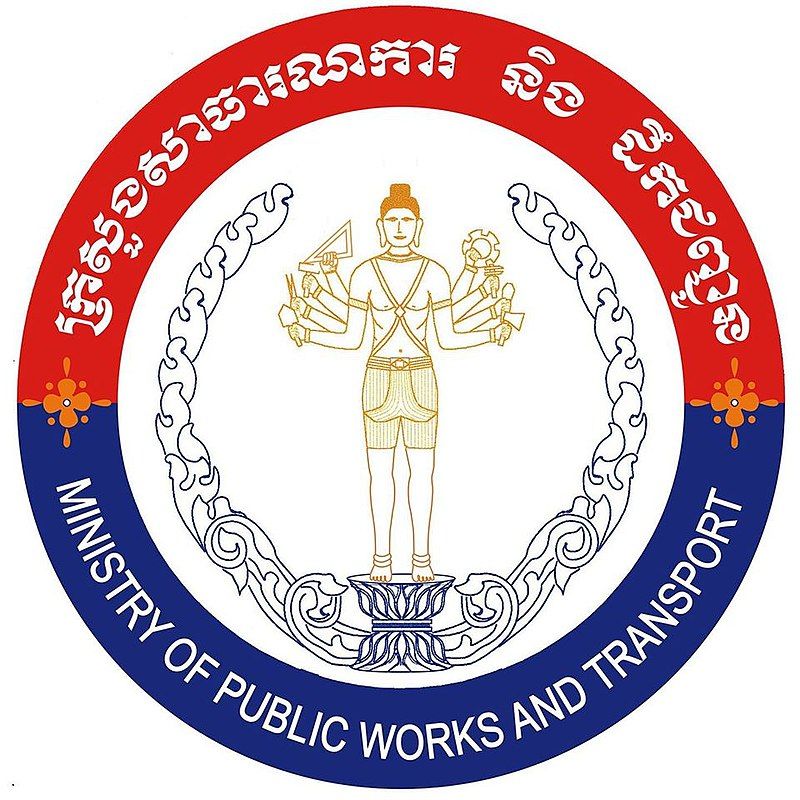Issue Description
Overweight and overloaded trucks pose a hazard to roads, other drivers, and pedestrians in Cambodia. The country’s regulations, specifically Articles 26 and 60 of the Road Traffic Law, set a weight limit on trucks permitted on the road and establish a system of inspections through weighing stations located along the main Cambodian highways. Trucks weighing over 5 tons must pass through special weighing stations situated at various points along the road, at any time of the day or night.
There are approximately 30 weighing stations located on Cambodia’s roads, placed outside cities at regular intervals. For example, there are reportedly three weighing stations on the road from Sihanoukville to Phnom Penh, a major logistical artery. At these stations, Cambodian officials weigh the trucks and cross-check the weight with the maximum allowance, which is 40 tons. If a vehicle is found to be non-compliant, it is either given a warning for the first reported infringement, or fined based on the percentage of the load that is overweight. The fines reportedly range from a few dozen to hundreds of dollars.
In theory, the same vehicle should produce the same weight measurement if weighed on more than one weighing station. However, reports suggest that trucks produce different results depending on which weighing station they are inspected at, raising questions about the calibration and harmonisation of measurements across the country’s weighing stations.
Impact on business
The lack of harmonised measurements at Cambodian truck weighing stations can have several negative impacts on the country. Firstly, it can lead to inconsistencies in enforcing weight limits on trucks, resulting in overloaded trucks on the roads. Overloaded trucks can cause significant damage to the roads and bridges, leading to costly repairs and maintenance. These trucks also pose a risk to road safety, increasing the likelihood of accidents and damage to other vehicles.
Secondly, the lack of harmonisation can harm fair competition as it allows unscrupulous businesses to cut corners and save costs by overloading their trucks. This can undercut compliant businesses’ efforts to maintain the safety and reliability of their trucking fleet and harm the overall competitiveness of the industry.
Finally, it can result in higher costs for the trucking industry. Inconsistent measurements can lead to disputes between trucking companies and authorities over the weight of their vehicles, resulting in delays, fines, and higher insurance premiums.
Recommendation
- Improve truck weighing stations.
We therefore respectfully recommend that the MPWT, possibly through its Vehicle Inspection Department:
– Allow for the issuing of invoices at weighing stations whenever trucks are found overweight. Invoices should state the amount of overweight and an identification number for the issuing station/official;
– Review calibration processes across weigh stations to ensure harmonised results when weighing vehicles.
Harmonisation of measurements at Cambodian truck weighing stations is essential to ensure fair competition, road safety, and the overall economic and environmental sustainability of the country. Compliance with weight limits can help maintain the safety and reliability of trucking fleets and improve the overall competitiveness of the industry. It can help improve road safety and reduce the cost of repairs and maintenance. It can result in cost savings for the industry and improve its economic sustainability.
Royal government of Cambodia
Initiative from Eurocham: The Transports & Logistics Committee raise the issue in the 2024 Edition of the White Book (Recommendation No. 7).
This topic was also covered during a courtesy call between EuroCham and the Ministry of Public Works and Transport – represented by H.E. Leng Thunyuthea, Secretary of State, on the 24th of January 2024.

The Ministry of Public Works and Transport replied on this matter on the 24th of January 2024 during the courtesy call between EuroCham and the MPWT. It was stated by principle, invoices should always be delivered at weighing stations. MPWT invite the private sector to ensure there is no confusion between the weighing stations and the checkpoints. If indeed, invoices are not delivered at weighing stations, EuroCham can report it to the Ministry.
National Counterparts

Ministry of Public Works and Transport

